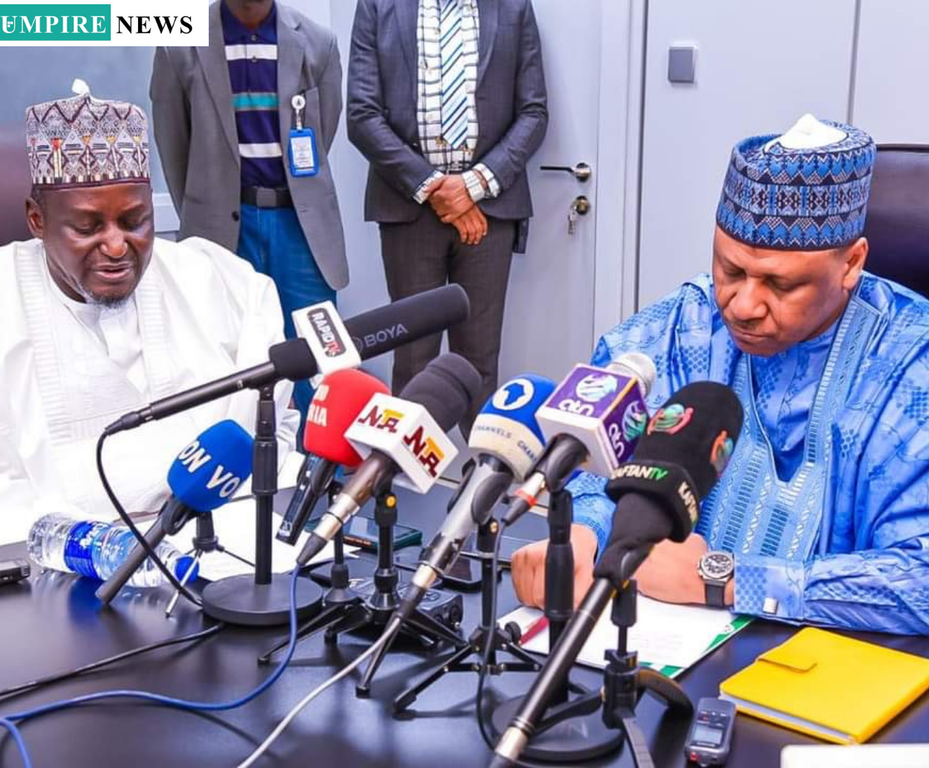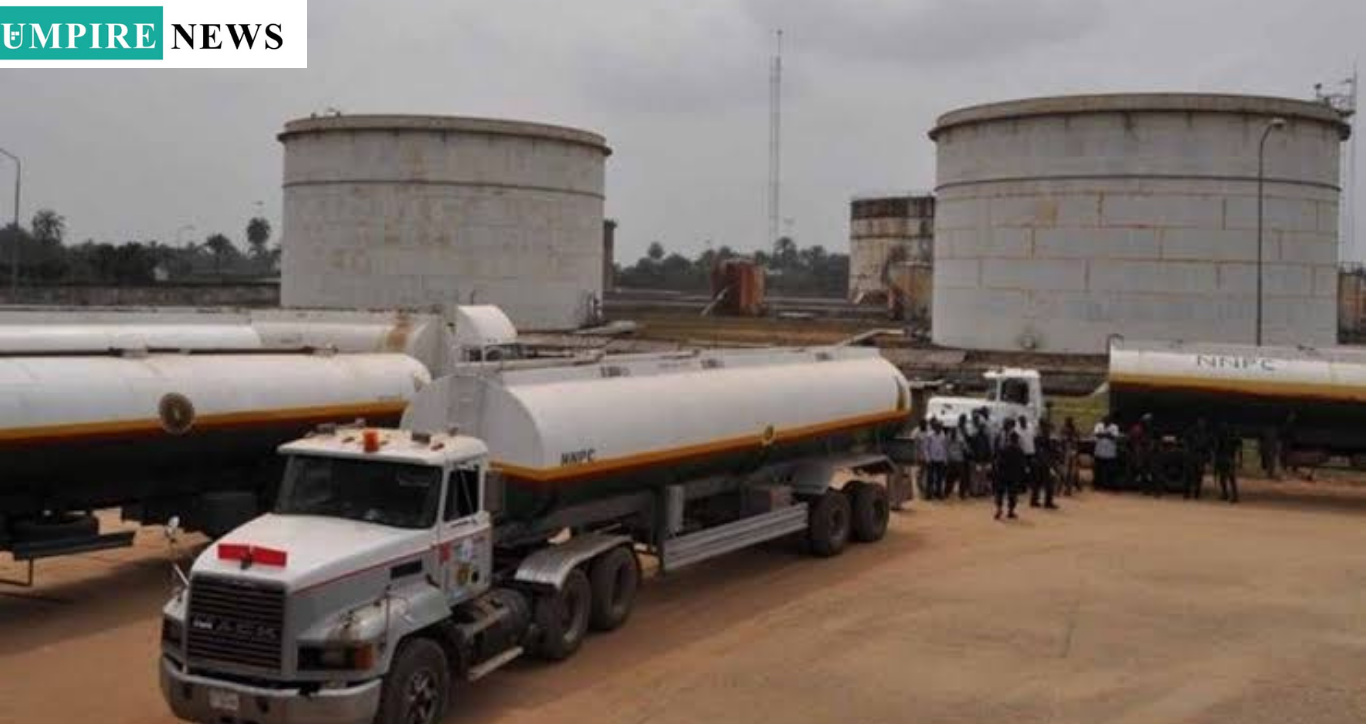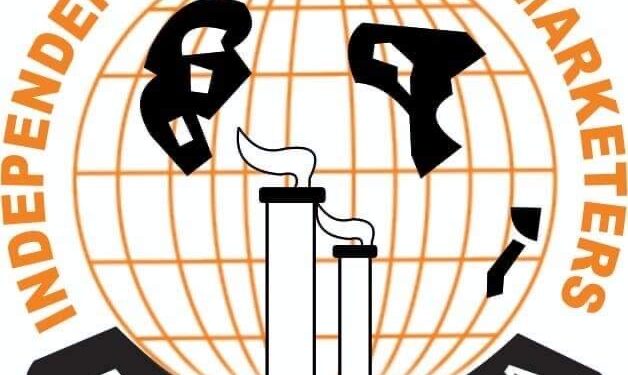The Independent Petroleum Marketers Association of Nigeria (IPMAN) has raised concerns over the pricing and supply of petrol by the Nigerian National Petroleum Company (NNPC) Limited, warning of a potential halt in operations due to unfavorable business conditions.
During an interview on Thursday, IPMAN’s national president, Abubakar Maigandi, revealed that the NNPC currently procures petrol at N898 per liter but sells it to independent marketers at an inflated price of N1,010 per liter in Lagos.
This price disparity, coupled with delayed supply, has created tension between the NNPC and independent marketers.
Maigandi expressed frustration, stating that the marketers have already paid NNPC for petrol but have not received any products for nearly three months.

This delay in supply, despite prepayment, has left marketers in a difficult position. “Our major challenge now is that we have an outstaknding debt with the NNPC, and the company is collecting products from the Dangote refinery at a lower rate, not up to N900 per liter. Presently, our money has been with them (NNPC) for almost three months,” he said.
The IPMAN president pointed out that the current arrangement is unsustainable for independent marketers. He explained that since the NNPC is sourcing petrol at a lower price from the Dangote Petroleum Refinery, it should either lower the price at which it sells to marketers or refund their money so they can purchase the product directly from Dangote.
“We have a problem with that because we buy products from them, which is why we told them to return our monies to our banks so that we can go directly to Dangote refinery and buy, if that’s the case,” Maigandi stressed.
This issue comes as Nigeria has fully deregulated its downstream petroleum sector, allowing market forces to dictate petrol prices.
Following the removal of the subsidy, the price of petrol has soared to N1,030 per liter or more at many petrol stations across the country.
While this move was intended to stabilize the sector and reduce government spending on subsidies, it has also introduced challenges for marketers who must now operate within a fully deregulated market.
The NNPC, previously the sole buyer of petrol from the Dangote refinery, has been selling the product to marketers at higher prices, putting further pressure on the industry.
Maigandi further highlighted that the NNPC’s current practice of selling petrol without offering any credit facilities has created additional complications for independent marketers.

In a fully deregulated market, marketers are required to purchase petrol upfront, paying for it before they can load their trucks.
However, Maigandi noted that the money already paid to NNPC has not yet been returned, leaving marketers unable to purchase additional supplies.
“As independent marketers, we cannot load because since they made this increment, we have not loaded a single truck. We have to pay cash before we load the products, and the cash down is already with NNPC,” he explained.
This situation has left many independent marketers stranded, unable to continue operations without access to the necessary funds or products.
The delays in supply and the inflated prices have raised concerns about the viability of the downstream sector, particularly for smaller marketers who may not have the financial resources to sustain prolonged disruptions.
Maigandi’s comments have sparked widespread attention, particularly as the downstream petroleum sector in Nigeria continues to grapple with the effects of deregulation.
The NNPC’s pricing strategy, coupled with the ongoing delays in product supply, could have broader implications for the availability and affordability of petrol in Nigeria.
With independent marketers threatening to halt operations, there are concerns that fuel shortages could emerge in various parts of the country, potentially exacerbating an already challenging economic situation.
The appeal for NNPC to return marketers’ funds or reduce the price at which it sells petrol reflects the broader challenges facing Nigeria’s deregulated petroleum market.
With the Dangote refinery now supplying petrol to the NNPC, the hope was that the entry of new players into the market would create competition and drive prices down.
However, the current pricing model has instead led to increased costs for marketers, who are now questioning the fairness and sustainability of the system.
As the situation unfolds, it remains to be seen how the NNPC will respond to IPMAN’s demands and whether the government will intervene to address the pricing and supply issues affecting the downstream sector.
For now, the threat of a potential halt in operations by independent marketers looms large, with the prospect of widespread fuel shortages if a resolution is not reached soon.































